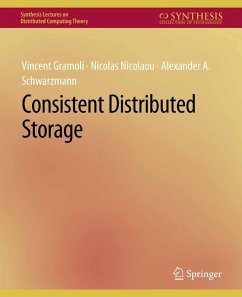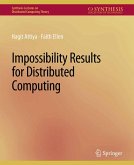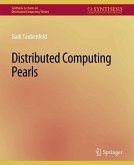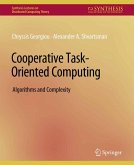Vincent Gramoli is a Future Fellow of the Australian Research Council at the University of Sydney, Australia and a Visiting Professor at EPFL, Switzerland. Vincent started his research on the topic of reconfigurable atomic memory while visiting the University of Connecticut and MIT (USA). He then worked in the area of large-scale distributed systems at INRIA (France) and on the slicing problem at Cornell University (USA). He moved to the University of Neuchâtel and EPFL (Switzerland), where he contributed to the development of the Transactional Memory stack. He obtained his Ph.D. from Université de Rennes and his Habilitation from Sorbonne University. His interest lies in the security and fault tolerance of distributed computing.
Nicolas Nicolaou is a co-founder and a senior scientist and algorithms engineer at Algolysis Ltd. He held various academic positions as a visiting faculty until 2014, as an IEF Marie Curie Fellow at IMDEA Networks Institute (2014-2016), a short-term scholar at MIT (2017), and a PostDoc Researcher at the KIOS Research Center of Excellence (2017-2019) before departing for an industrial position in 2019. He holds a Ph.D. (2011) and a M.Sc. (2006) from the University of Connecticut and a B.Sc. (2003) from the University of Cyprus. His main research interests lie in the areas of distributed systems, design and analysis of fault-tolerant distributed algorithms, distributed ledgers (blockchains), security for embedded devices and critical infrastructures, and sensor networks.
Alexander A. Schwarzmann is the Dean of the School of Computer and Cyber Sciences at Augusta University in Georgia, USA. He holds a Ph.D. from Brown University (1992), M.S. from Cornell University (1981), and a B.S. from Stevens Institute of Technology (1979), all in Computer Science, and he did his post-doctoral work at MIT (USA). Previously, he worked at Bell Labs, Digital Equipment Corp., and the University of Connecticut, where he was the Head of Computer Science & Engineering, and the Founding Director of the Center for Voting Technology Research. His professional interests are in Distributed Computing, Fault-tolerance, and Security and Integrity of Electronic Voting Systems. He authored over 150 technical articles, 3 books, and 1 patent. He is also a Vigneron d'Honneur of Jurade de Saint-Emilion.









